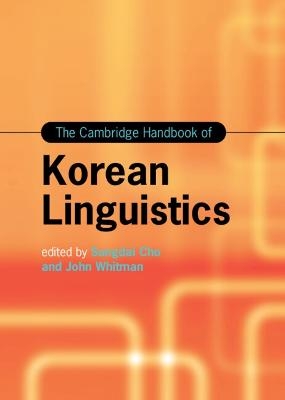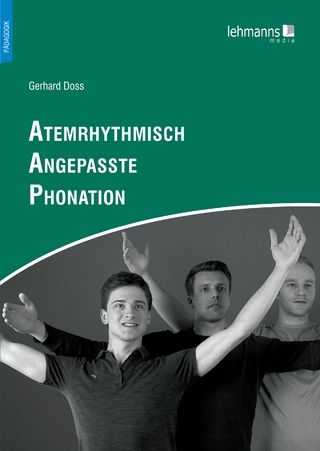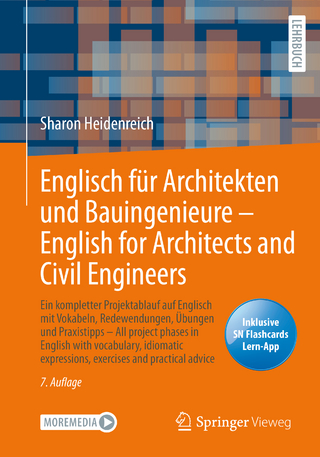
The Cambridge Handbook of Korean Linguistics
Cambridge University Press (Verlag)
978-1-108-41891-1 (ISBN)
The 'Korean wave' in music and film and Korea's rise to become the twelfth economic power in the world have boosted the world-wide popularity of Korean language study. The linguistic study of Korean, with its rich syntactic and phonological structure, complex writing system, and unique socio-historical context, is now a rapidly growing research area. Contributions from internationally renowned experts on the language provide a state-of-the-art overview of key current research in Korean language and linguistics. Chapters are divided into five thematic areas: phonetics and phonology, morphology and syntax, semantics and pragmatics, sociolinguistics and psycholinguistics, and language pedagogy. The Handbook includes cross-linguistic data to illuminate the features of Korean, and examples in Korean script, making it suitable for advanced students and researchers with or without prior knowledge of Korean linguistics. It is an essential resource for students and researchers wishing to explore the exciting and rapidly moving field of Korean linguistics.
Sungdai Cho is Professor of Korean Linguistics and Director of the Center for Korean Studies at State University of New York, Binghamton. He is internationally renowned in Korean linguistics and Korean language pedagogy, with main research interests in syntax and morphology as well as Learning Motivation and Testing. John Whitman is Professor and current chair of the Department of Linguistics at Cornell. He has published extensively on Chinese, Japanese, and Korean – their history, relations, and structure. Cho and Whitman have recently co-authored Korean: A Linguistic Introduction (Cambridge, 2020).
Part I. Korean Overview: 1. Introduction Sungdai Cho and John Whitman; 2. Phonology: An Overview Young-Key Kim-Renaud; 3. Overview of Chapters on Syntax James Hye-Suk Yoon; 4. On the Centrality of Korean in Language Contacts in Northeast Asia Alexander Vovin; 5. Politeness Strategies in Korean Sungdai Cho; 6. Korean Kugyŏl Jae-young Chung and John Whitman; Part II. Phonetics and Phonology: 7. Vowel Harmony Seongyeon Ko; 8. The Phonology and Phonetics of Korean Stop Laryngeal Contrasts Yoonjung Kang, Jessamyn Schertz and Sungwoo Han; 9. The Phonetic-Prosody Interface and Prosodic Strengthening in Korean Taehong Cho; 10. Constituent Structure and Sentence Phonology of Korean Seunghun J. Lee; 11. Effects of Linguistic Experience on the Perception of Korean Stops Sang Yee Cheon; Part III. Morphology and Syntax: 12. Right-Dislocation in Korean: An Overview Heejeong Ko; 13. Experimental Insights on the Grammar of Korean Anaphors Chung-hye Han; 14. Person-Denoting Nominals: Interpretations and Structures Shin-Sook Kim and Peter Sells; 15. Lexical Nominalizations in Korean James Hye-Suk Yoon; 16. The Processing of a Long-Distance Dependency in Korean: An Overview Nayoung Kwon; Part IV. Semantics and Pragmatics: 17. Subjectivity and Intersubjectivity in Korean Grammar Ho-min Sohn; 18. Discourse Studies in Korean Haeyeon Kim; 19. Metaphoric and Metonymic Patterns with the Body-Part Term Nwun 'Eye(s)' in Korean Ebru Türker; 20. Wh-indefinites Jiwon Yun; 21. 'Expletive' Negation in Korean Suwon Yoon; 22. Case Stacking in Korean: Argument Structure or Information Structure? EunHee Lee; Part V. Sociolinguistics and Psycholinguistics: 23. Grammaticalization in Korean Seongha Rhee; 24. Performing Gender in Korean: Language, Gender, and Social Change Minju Kim; 25. Jejueo: Korea's Other Language William O'Grady, Changyong Yang and Sejung Yang; Part VI. Language Pedagogy: 26. Genre-Based Approach to Korean Language Teaching: A Curriculum Application Hye-Sook Wang; 27. Towards Integrated Performance Assessment Sahie Kang; 28. Interactional Competence in Korean Language Mary Shin Kim; 29. From Bilingual Speakers to Korean Heritage Language Learners Hi-Sun Kim; 30. Language Policy and Its Effect in South Korea Hyunsik Min.
| Erscheinungsdatum | 04.05.2021 |
|---|---|
| Reihe/Serie | Cambridge Handbooks in Language and Linguistics |
| Zusatzinfo | Worked examples or Exercises |
| Verlagsort | Cambridge |
| Sprache | englisch |
| Maße | 173 x 250 mm |
| Gewicht | 1510 g |
| Themenwelt | Geisteswissenschaften ► Sprach- / Literaturwissenschaft ► Sprachwissenschaft |
| Sozialwissenschaften ► Ethnologie | |
| Sozialwissenschaften ► Soziologie | |
| ISBN-10 | 1-108-41891-0 / 1108418910 |
| ISBN-13 | 978-1-108-41891-1 / 9781108418911 |
| Zustand | Neuware |
| Haben Sie eine Frage zum Produkt? |
aus dem Bereich


